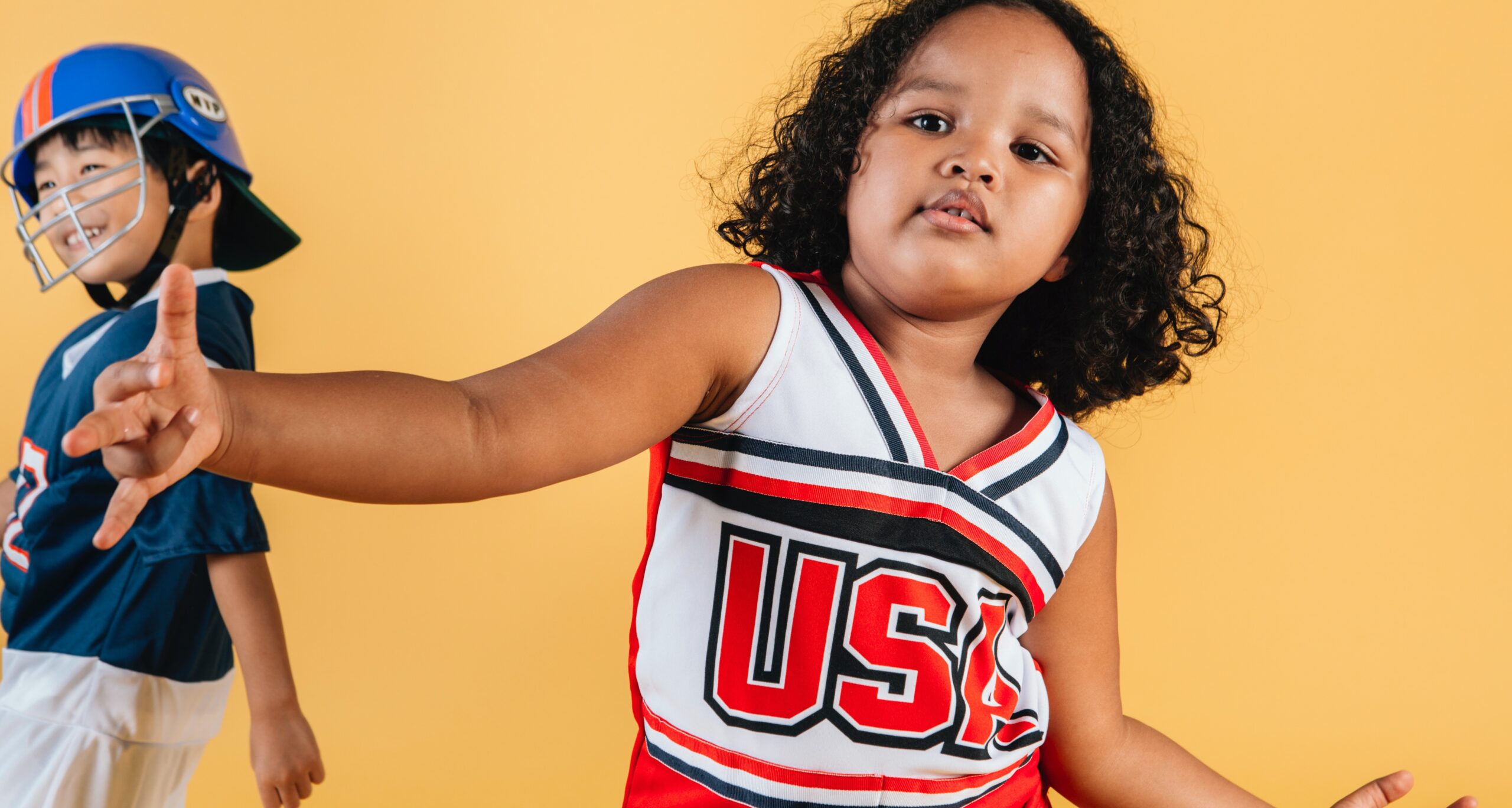You would like to let everyone know that your daughter is an American original? In that case you will likely prefer typical USA female names. But which names are actually typical for the USA?

It’s not that easy to explain what constitutes a typical USA female name. The USA is influenced by Anglo-Saxons. British culture and the English language mixed up with numerous others. Many of the most common names in the U.S. derive from the Bible, from Hebrew, Latin or Greek and were modified by the English pronunciation. Over the decades names changed a little bit: with increased regularity, parents give nicknames to their children as they sound more friendly, for example. Pop culture and celebrities influence young parents’ choice of names.
As a country of immigration, many other languages also affect the choice of American names. The name Chloe, for example, is very popular in the USA, but actually is French. Still, there are many names that just did not change at all while staying constantly in full vogue. So, if a name is received as typical USA or not does not only depend on its English pronunciation or origin but also on its popularity. Of course, the ratio varies continuously. That is why you have to look at the entire distribution of the particular name.
Let’s illustrate this by the popular example of Karen: Recently, out of every 10,000 newborn girls, only 4 are named Karen – nonetheless it is very popular and common as there are almost 1 Million people with the name Karen living in the U.S. So, it is quite a typical US female name. Incidentally, the extent to which people classify a name as typically US also depends somewhat on its memorability abroad – in the case of Karen, most people will likely recognize it as “all-American”.
Other names might be known from sitcoms or movies. Just think of Roseanne, Elliot, Olivia or Michelle. However, you may wish to choose a name for your daughter that is more timeless and less negative in connotation. We have done our best to pick out a wide range of names that sound Anglo-American and are common in the US. Here are our top 30: